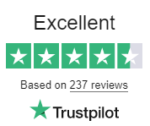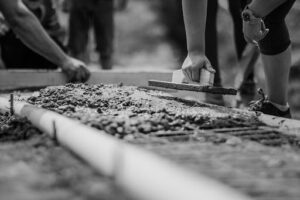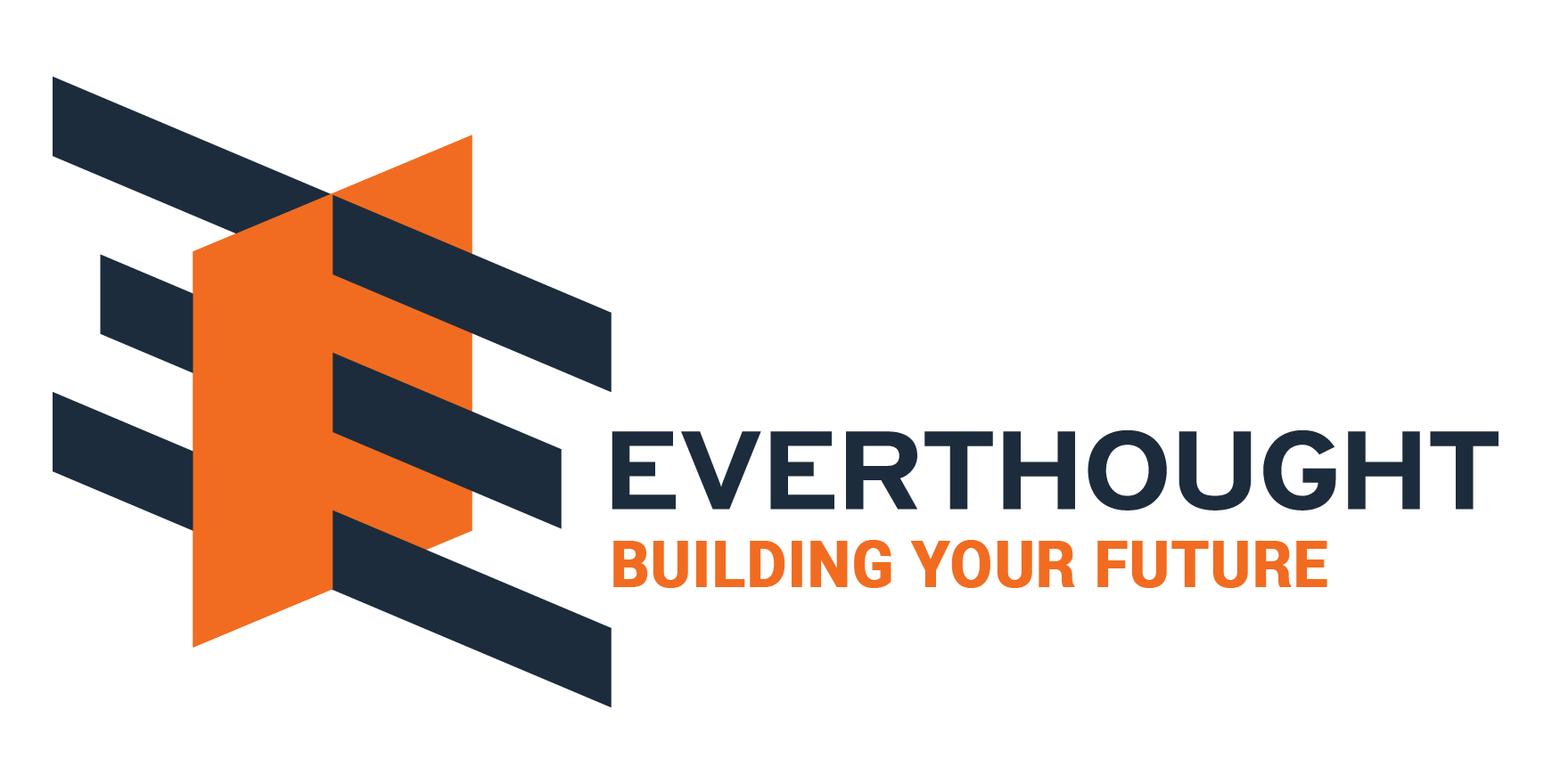Waterproofing is a critical component of construction that goes beyond simple damage prevention. It involves protecting structures from water intrusion, ultimately preserving the structural integrity of buildings, and ensuring the safety and comfort of their inhabitants.
With the CPC31420 Certificate III in Construction Waterproofing, you gain the required expertise to tackle various waterproofing challenges. This certification prepares you to handle different types of sealants, understand their application techniques, and manage moisture problems effectively.
Waterproofers are not only crucial during the initial construction phase but also play a vital role in the ongoing maintenance of buildings. They detect and repair faults, recommend improvements, and ensure that safety guidelines are followed, maintaining the building’s integrity over time.
If you’re intrigued by the prospect of a dynamic, hands-on career that involves solving water-related challenges in the construction industry, consider enrolling in the CPC31420 Certificate III in Construction Waterproofing at Everthought to start your journey towards becoming a sought-after expert in this essential field.
How to Become a Qualified Waterproofer
Educational Requirements
A strong educational foundation is essential for those who want to know how to become a waterproofer. Typically, starting with a high school diploma or an equivalent qualification is the first step. Building on this foundational education, you should consider pursuing additional studies in fields related to construction.
This might include a diploma in construction management or specialised courses in areas such as waterproofing techniques, building codes, blueprint reading, and safety regulations like CPC31420 Certificate III in Construction Waterproofing. A comprehensive understanding of these subjects not only bolsters your confidence but also prepares you for the practical aspects of the job.
Certifications Needed
While not always mandatory, obtaining a professional certification can significantly enhance your career prospects as a construction worker. Certifications serve as official endorsements of your skills and knowledge in the field and reflect your commitment to maintaining high professional standards. They not only increase your employability but also help in establishing trust with potential clients.
Additional Skills Necessary
In addition to formal education and certification, becoming a successful waterproofer requires a specific set of skills:
- Physical Abilities: Waterproofing is physically demanding. It requires good stamina, strength, and manual dexterity to handle materials and tools efficiently.
- Attention to Detail: Precision is crucial in waterproofing. You must possess a keen eye for detail to ensure that installations are executed flawlessly and potential issues are identified early.
- Problem-Solving Skills: Effective problem-solving abilities are essential to address unexpected challenges that may arise during construction projects.
- Soft Skills: Strong communication and teamwork skills are invaluable, especially when collaborating with clients, vendors, and other construction team members. These skills help coordinate tasks and ensure that projects are completed successfully and safely.
Job Prospects and Career Opportunities
Job Market Outlook
The waterproofing industry is experiencing a rapid growth spurt, with forecasts indicating robust growth in the coming years. This positive trend is driven by a surge in both commercial and residential construction projects, extensive infrastructure overhauls, and a growing emphasis on sustainable building practices.
As green initiatives become more prevalent, the need for effective waterproofing solutions is expanding, resulting in increased demand for skilled waterproofers.
Geographic Demand for Waterproofers
The demand for waterproofing professionals varies by region but remains consistently strong in certain areas:
- High Precipitation Areas: Regions with frequent rainfall or prone to flooding have a continuous need for waterproofing services to prevent water damage.
- Coastal Regions: These areas face ongoing challenges from water damage and erosion, making the expertise of waterproofers crucial.
- Urban Centres: Cities with high-rise buildings and extensive underground infrastructure rely heavily on waterproofing to maintain the structural integrity of their construction.
Potential Career Paths and Advancements
A career in waterproofing offers diverse advancement opportunities beyond the initial roles:
- Career Progression: Starting as an apprentice, you can advance to a journeyman and eventually to a master waterproofer, taking on responsibilities such as overseeing large projects, managing teams, and interacting with clients.
- Consultancy: Experienced waterproofers may choose to become consultants, offering expert advice and project recommendations.
- Sales and Technical Support: Opportunities also exist in sales or technical support roles within companies that manufacture waterproofing materials, where knowledge of the product and its application can be a significant asset.
Just like professionals who have completed courses like MSF30322 Certificate III in Cabinet Making and Timber Technology and CPC30320 Certificate III in Concreting, waterproofers not only access stable job opportunities but can also get significant career growth and mobility.
Whether you are interested in hands-on application, management, consultancy, or sales, there are numerous paths to explore within this field. With the right skills and experience, you can capitalise on the growing demand and varied geographic needs, paving the way for a fulfilling and prosperous career in waterproofing.
Frequently Asked Questions
Do I need formal education to become a waterproofer?
Although formal education is not necessary to enter the waterproofing field, certifications or diplomas are valuable assets. This is especially true since waterproofing directly affects the structural integrity of homes and businesses, and clients prefer professionals whose expertise is validated by educational achievements.
Formal education in waterproofing provides a comprehensive understanding of various techniques, materials, and crucial safety protocols. Thus, while it is possible to start a career in waterproofing without formal schooling, having such an education undeniably gives you a competitive edge.
What are the physical demands of waterproofing?
Waterproofing is a physically intensive job that demands a high level of physical fitness and endurance. Typical tasks may involve climbing, bending, lifting heavy materials, and standing for long periods of time. Effective waterproofers often possess excellent stamina, balance, agility, and strength.
Work environments vary, including potentially challenging locations such as basements, rooftops, or external building sites, requiring comfort with heights and confined spaces. The physically demanding nature of the job highlights the importance of physical fitness in the profession.
What are the risks in the waterproofer profession?
Working as a waterproofer, like many construction-based jobs, comes with its own set of risks. Common hazards include falls, slips, and accidents related to the improper use of tools. Wet surfaces, which are common in waterproofing jobs, increase the risk of slipping, while the handling of chemicals and materials might pose health risks.
However, these risks can be mitigated with appropriate safety training, the correct use of personal protective equipment, and strict adherence to safety protocols. Knowledge and preparedness are vital in minimising risks and ensuring the safety of waterproofers on the job.
Key Points to Remember
- Educational Requirements: Start your career with a high school diploma and consider additional construction-related education to build foundational knowledge.
- Professional Certifications: Enhance your job prospects and establish credibility by obtaining certifications from recognised construction bodies.
- Physical Fitness: Prepare for the physical demands of the job, which include climbing, bending, lifting, and prolonged standing.
- Soft Skills Development: Focus on developing essential soft skills such as effective communication and teamwork.
- Job Market Outlook: Take advantage of the growing demand in both residential and commercial sectors, which is especially strong in regions with high precipitation and urban areas.
- Career Advancement: Progress from apprentice to journeyman and potentially to master waterproofer, with opportunities to move into consulting or sales roles within the industry.
At Everthought, we’re dedicated to fostering your educational journey in the construction industry. Our commitment to excellence in learning, diverse courses, experienced faculty, and modern facilities guarantee a top-tier education, equipping you with the building and construction-related skills and knowledge necessary to succeed in your career.












